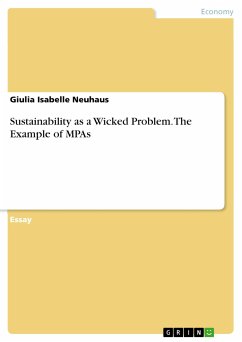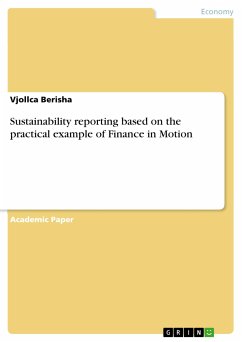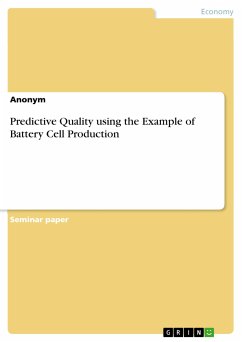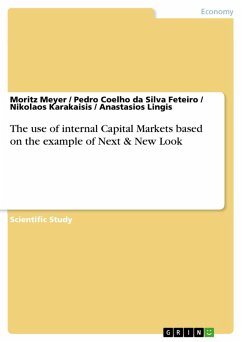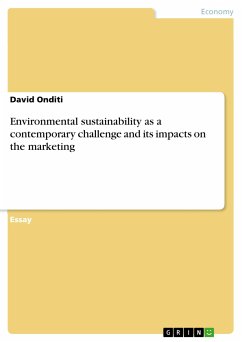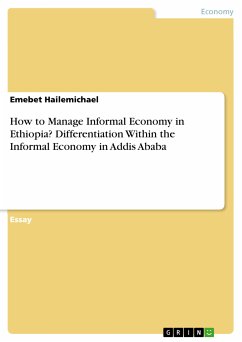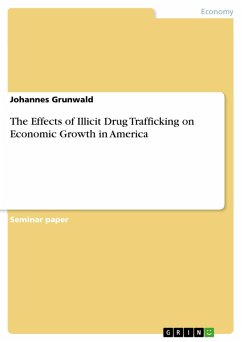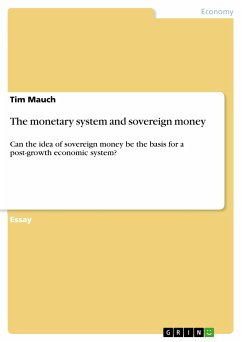Essay from the year 2019 in the subject Economy - Environment economics, grade: 81/100, University of Leeds (School of Earth and Environment), course: Introduction to Sustainability, language: English, abstract: This essay will critically analyse the notion of sustainability as a wicked problem by showing the congruencies between both concepts and examine the implications of wickedness on sustainability policies. It focuses on the applicability of participatory methods to address and manage its challenges, since they have been identified as a dominant approach in sustainability policy making in the literature. Issues such as global warming, climate change, biodiversity loss, ocean acidification, and increasing poverty are just a few of many other problems we are currently facing. Dooming projections about the future has inflamed the discourse on sustainability and resulted in ongoing debates and commentaries about its definition across varying disciplines, each elaborating different perspectives of the concept. Due to its complexity it has been argued that achieving sustainability represents a 'wicked problem', a term describing problems that are impossible to be solved, but can only tamed (Rittel and Webber, 1973). Some even argue, that significant sustainability issues are beyond the scope of wicked problems and distinguish these as 'super wicked problems'.
Dieser Download kann aus rechtlichen Gründen nur mit Rechnungsadresse in A, B, BG, CY, CZ, D, DK, EW, E, FIN, F, GR, HR, H, IRL, I, LT, L, LR, M, NL, PL, P, R, S, SLO, SK ausgeliefert werden.

